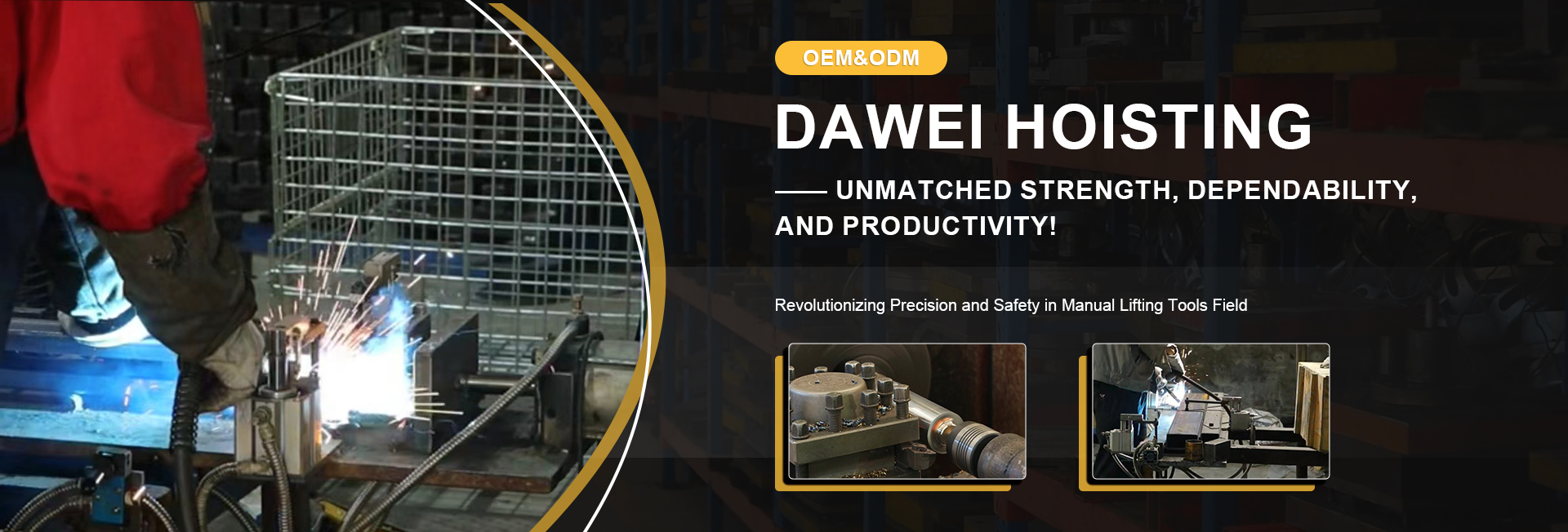types of gantry girder
Types of Gantry Girder An In-Depth Analysis
Gantry girders play a crucial role in modern engineering, especially in the construction and maintenance of structures such as bridges, cranes, and heavy machinery layouts. These robust frameworks are primarily employed to support lifting devices and move heavy loads efficiently. Understanding the different types of gantry girders is essential for engineers and architects to select the most suitable option for their projects. This article delves into the main types of gantry girders, their applications, and important considerations when choosing the right design.
1. Single Girder Gantry Crane
The single girder gantry crane is one of the most straightforward and economical designs available. It consists of a single beam supported by two legs, which allows for a minimalistic and lightweight structure. This type of gantry girder is ideal for small to medium-sized loads and is commonly used in warehouses, factories, and workshops where space is limited.
Advantages - Cost-effective - Requires less steel, hence lighter and easier to install - Ideal for low headroom situations
Disadvantages - Limited lifting capacity compared to double girder systems - Less stability, especially for outdoor applications
2. Double Girder Gantry Crane
In contrast to the single girder design, the double girder gantry crane uses two horizontal beams, providing greater strength and stability. This type is suitable for heavier loads and is frequently employed in shipyards and large manufacturing facilities. The double girder also allows for more efficient use of vertical space, as hoists can be integrated between the girders.
Advantages - Higher lifting capacity - Increased stability and durability - Enhanced lifting height and operational flexibility
Disadvantages - More expensive due to increased material costs - Requires more installation space
3. Adjustable Gantry Crane
Adjustable gantry cranes are designed to offer flexibility in terms of height and span. These cranes feature adjustable legs that can be modified according to the requirements of specific tasks or environments. They are particularly useful in situations where the loads may vary or in facilities that require dynamic setups.
types of gantry girder

Advantages - Versatility in operation - Ability to adapt to various load sizes and heights - Can be easily relocated within a facility
Disadvantages - Often more complex to design and set up - Can be less stable compared to fixed designs
4. Portable Gantry Crane
Portable gantry cranes, as the name suggests, are lightweight and can be easily transported from one location to another. They are typically made from aluminum or lightweight steel and are ideal for small-scale lifting projects or maintenance tasks where heavy machinery is not necessary.
Advantages - Extremely convenient for various lifting tasks on construction sites - Can be assembled and disassembled quickly - Ideal for maintenance work in multiple locations
Disadvantages - Limited load capacity - Not suitable for heavy-duty applications
5. Under-Slung Gantry Crane
Under-slung gantry cranes, also known as underslung cranes, have the main girder suspended from an overhead structure. This configuration minimizes the ground space required and is ideal for environments with space constraints, such as narrow buildings or workshops.
Advantages - Space-saving design - Allows for a clean, unobstructed workspace below - Higher versatility in operation
Disadvantages - Requires careful design of the overhead structure - Often limited to specific installation environments
Conclusion
Selecting the appropriate type of gantry girder involves a careful analysis of the project's requirements, including load capacity, space limitations, and flexibility. Each type of gantry girder has its unique advantages and applications, making them suitable for different environments and tasks. By understanding the characteristics and distinctions among single girder, double girder, adjustable, portable, and under-slung designs, stakeholders can make informed decisions that align with their operational needs and budget constraints. As construction technology continues to evolve, the role of gantry girders will remain instrumental in enabling efficient and safe handling of heavy loads in various industries.
-
Unlock Seamless Relocation with Our Heavy Equipment Moving ExpertiseNewsJun.06,2025
-
Unleash Unrivaled Flexibility with Our Adjustable Gantry CraneNewsJun.06,2025
-
Unleash Heavy-Duty Efficiency with Our Industrial Gantry Crane SolutionsNewsJun.06,2025
-
Revolutionize Steel Handling with Our Magnetic Lifter RangeNewsJun.06,2025
-
Master Equipment Mobility with Premium Machinery Mover SolutionsNewsJun.06,2025
-
Elevate Your Material Handling with Magnetic Lifter TechnologyNewsJun.06,2025
-
YS Permanent Lifting Magnets: The Smarter Way to Handle SteelNewsMay.22,2025
